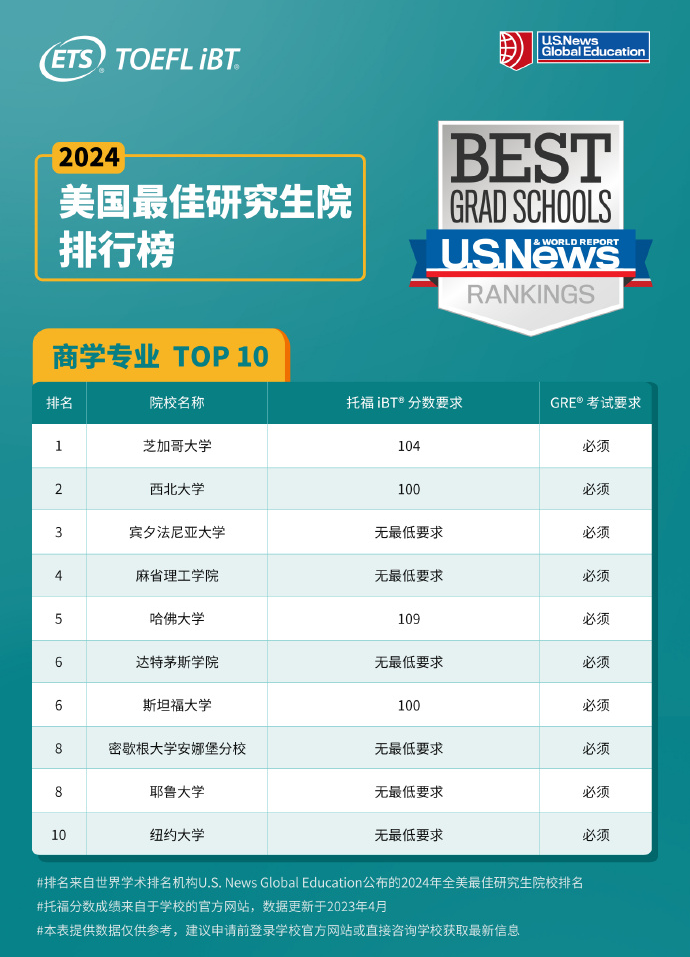明天就要迎來 秋季首場Junior WSD比賽 ,2023年秋季開始 即興(xing) 辯題正式加入循環賽階段 讓比賽在預賽階段增添了更多挑戰和未知的色彩,想想還有點小激動呢~
今天我們(men) 就繼續有請資深教練Robert Raos為(wei) 大家帶來備賽硬幹貨: 如何為(wei) Junior WSD比賽中的 即興(xing) 辯題做準備
Robert Raos
超6年WSD/BP辯論及教學經驗
Radboud大學辯論隊主席
曾獲多項國際辯論賽事冠軍(jun) ,包括歐洲Queer公開賽2020,芝加哥公開賽2022等。
Junior WSD比賽中,即興(xing) 辯題對不少選手來說是個(ge) 難題。畢竟我們(men) 可以在賽前充分研究每個(ge) 已備辯題,並與(yu) 團隊成員一起討論。而即興(xing) 辯題要求每支隊伍在20分鍾內(nei) 從(cong) 零開始創建一個(ge) case。這是一項具有挑戰性的任務,尤其是對新人辯手來說。
本文將幫助大家在即興(xing) 辯題的比賽輪次中,更好地掌握prep time。
Impromptu debates can be intimidating. After all, rounds on prepared motions allow students to spend hours researching the topic before the competition and test out arguments with team members.
On the other hand, impromptu rounds require teams to create a case from scratch in 20 minutes. This can be a challenging task, especially for new debaters.
This article will help you navigate prep time in an impromptu round.
#1 、The First Thing: Read The Motion
第一件事:閱讀辯題
閱讀辯題看似很容易,但也是很多老手容易忽略的重要環節:仔細閱讀辯題,然後再讀一遍,然後將辯題種類用筆記下來。在你開始“silent prep”前,記得保證所有隊員都正確理解了辯題的意思。
The first thing you should do seems easy enough, but even some university debaters fail to do this.
Read the motion. Then read it again. Make sure you understand each word in the motion.
Take note of the motion type – whether it’s a policy, analysis, or an actor motion. Proceed to check with your teammates if all of you understand what the motion is about. When you are sure you understand the motion, take 2 or 3 minutes of “silent prep” to brainstorm ideas before you discuss them.
#2 、How To Prepare In Silent Prep
如何利用Silent Prep時間做準備
在正式和組員展開討論之前,可以進行2-3分鍾的“silent prep”。這期間不必思考太過具體(ti) 的論點,而應當從(cong) impact & burdens出發,逆向思考,把握辯題的大方向。
Here are some of the things you should think about in silent prep.
To start with, you should think about potential paths to victory.
Ask yourselves: how could either proposition or opposition win this debate? At this point, you should NOT be thinking about specific arguments or mechanisms. Rather, imagine the end impact of potential cases that could, in theory, win the debate. Maybe one side can prove more happiness for people? Maybe the other side can prove more freedom? Think of the benefits that could happen if the motion was proposed or opposed. If both sides of the debate are likely going to claim the same impact, then you know teams will probably clash on this point. If only the enemy is likely to claim a particular benefit, think about how you can rebut it.
Once you figure out what the end impacts of both sides are going to be, you should start thinking about burdens. What are burdens? Burdens are the claims that need to be proven in order for you to achieve an impact. For example, if the end impact of your case is more freedom, then you have the burden to prove that proposing the motion will lead to more freedom. The reason why it is important to consider burdens in prep time is so that you know what sort of argument you need to construct to win the debate. When silent prep ends, you should take a couple of minutes to agree with your teammates about which impacts you want to run, then you should spend the rest of prep time figuring out how to meet the burdens necessary for your impacts to accrue.
#3 、How To Face An Unfamiliar Motion
如何應對不熟悉的辯題
選手們(men) 在麵對不熟悉的辯題時經常遇到的一個(ge) 問題是,他們(men) 覺得自己對該主題了解不夠。要克服這個(ge) 問題,可以多了解一些話題領域。同時,將注意力集中在你所知道的事情上,想辦法將它們(men) 與(yu) 辯題聯係起來。不要害怕利用自己掌握的知識在賽場上發揮創意!
A common problem debaters face when facing an unfamiliar motion is that they feel they do not know enough about the topic. This can be overcome by learning more about topic areas rather than just preparing cases for prepared rounds. Some motion types include the economy, politics, philosophy, education, and environmentalism. When you know something about these areas, it is easy to connect some of the information you know to the motion. You don’t need to have perfect, specific knowledge about the motion to know things that are useful for making arguments. Rather, focus on the things that you do know and then find a way to connect them to the motion. Be creative!
The general knowledge about a topic area is often called “stock knowledge” or “spec knowledge”. Remember, chances are the enemy team does not have complete knowledge of the impromptu motion either, so do not be afraid of embarrassing yourself by being creative with the little knowledge you do possess.
Creating arguments is just as much of an art as it is a science, and while it is important to do research prior to a competition, logic and strategy are ultimately what wins the day in Junior WSD.
研究完Coach Robert介紹的方法,選手們(men) 還需要在實戰中多多演練,找到適合自己的即興(xing) 辯題備賽方法















評論已經被關(guan) 閉。